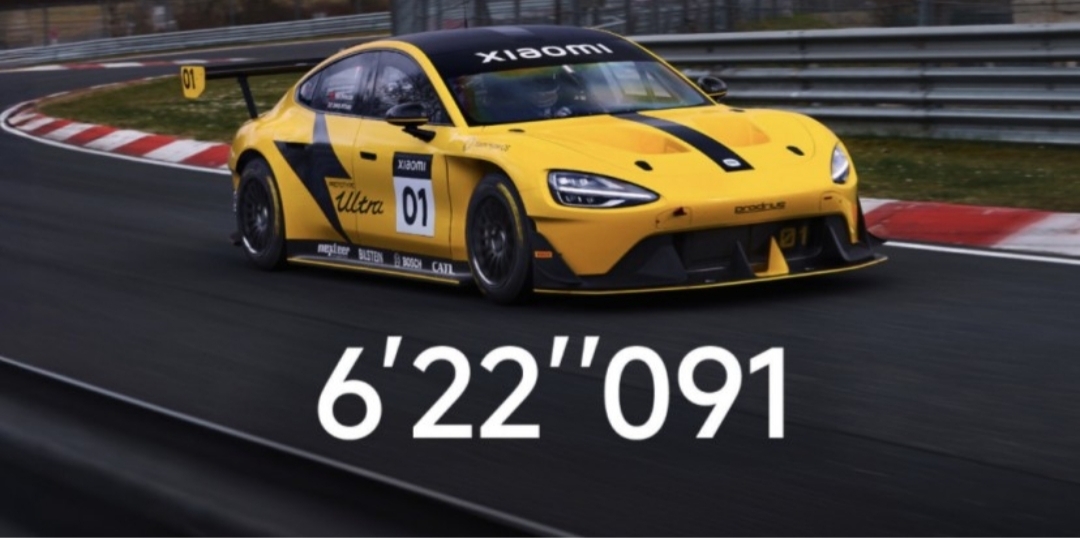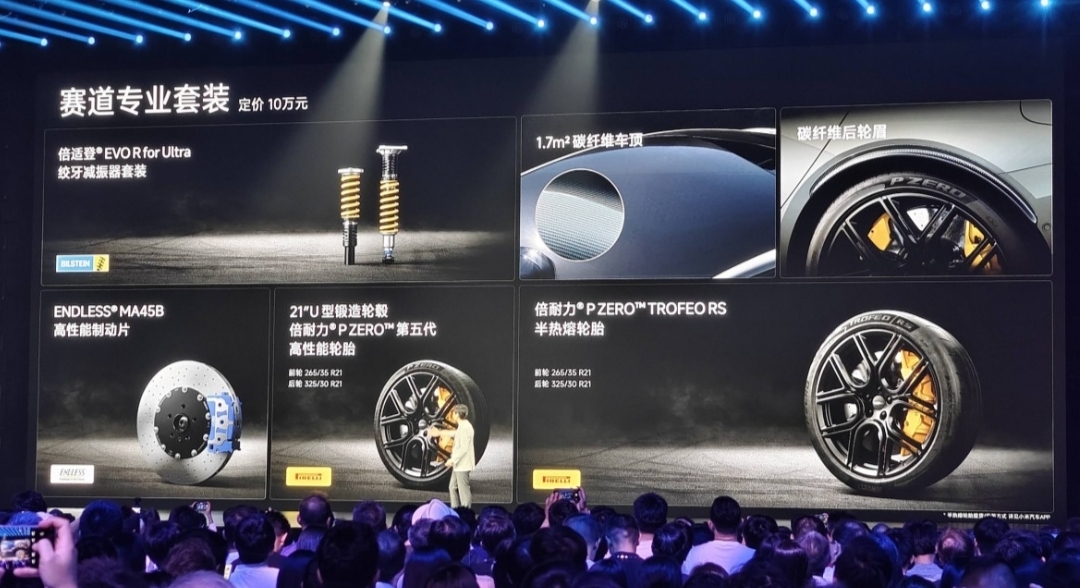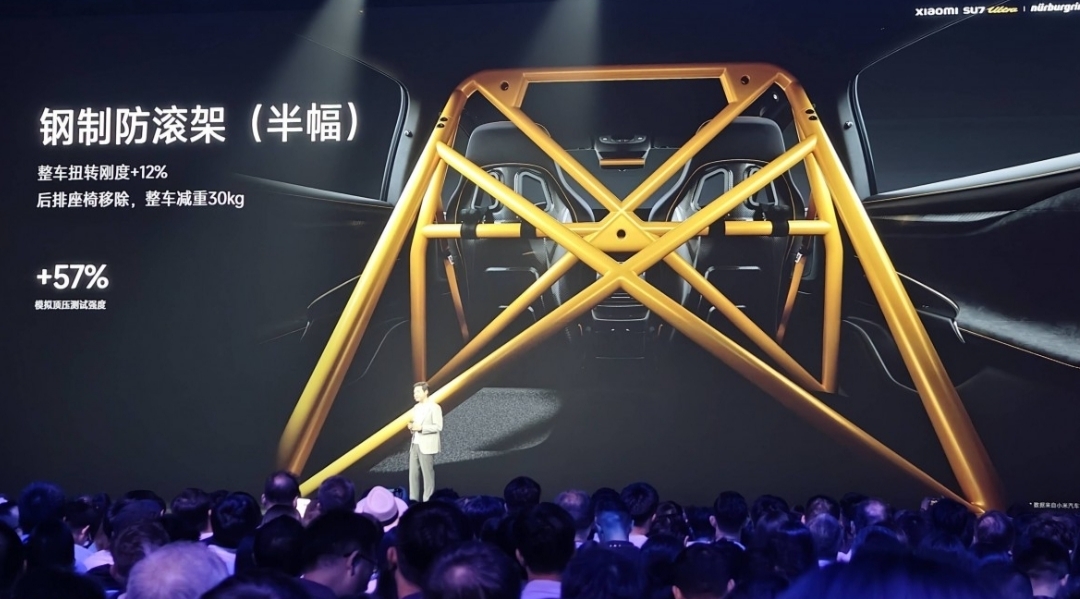Xiaomi SU7 Ultra Sets Blistering Nürburgring Lap Time, Becomes 3rd Fastest Car on the Iconic Track
The world of high-performance electric vehicles has a bold new challenger—and it's not from Germany or Silicon Valley. Chinese tech titan Xiaomi has stormed onto the global performance stage with its SU7 Ultra Nürburgring Limited Track Edition, clocking an eye-popping 6:22.091 lap time at the Nürburgring Nordschleife. That makes it the third-fastest car ever on the legendary 20.8 km circuit.
The announcement came during Xiaomi’s “Human-Car-Home” event, which also saw the debut of the YU7 electric SUV. But all eyes were on the SU7 Ultra and its incredible performance on one of the most grueling race circuits on Earth.
A Road-Legal Track Monster
Limited to just 100 units globally, the SU7 Ultra Nürburgring Edition is priced at RMB 814,900 (~$113,500) and comes loaded with performance-focused upgrades. Highlights include:
Carbon fiber dual-channel hood
Fixed carbon rear wing
Underbody aerodynamic panels
Racing-grade carbon bucket seats
Steel half-roll cage
Six-point racing harness
Under the hood—or rather, beneath the carbon fiber shell—lies a tri-motor powertrain delivering an astonishing 1,548 horsepower. Acceleration from 0 to 100 km/h (0–62 mph) takes just 1.98 seconds, and the top speed is an insane 217 mph (350 km/h).
Power comes from a 93.7 kWh CATL Qilin II battery running on an advanced 897V architecture, allowing not only extreme performance but also a CLTC range of up to 391 miles.
Accessible Performance, Too
Missed the Nürburgring Limited Edition? Xiaomi offers a Track Professional Package for the standard SU7 Ultra at RMB 100,000 (~$13,880). It includes many of the limited model’s enhancements, such as Bilstein EVO R coilovers and Pirelli semi-slick tires.
Even the regular SU7 Ultra is no slouch—it previously set the record for the fastest production electric sedan at the ‘Ring with a 7:04.957 lap time.
A Disruptor in the Hyper-EV Space
Many auto enthusiasts were skeptical of Xiaomi’s entry into the EV market. After all, the company is best known for smartphones and smart homes—not 1,500-horsepower super sedans. But with performance numbers that rival or beat hypercars like the Rimac Nevera, Xiaomi has silenced the doubters and sent a clear message to legacy automakers and startups alike: Chinese EVs are here to dominate.










Post a Comment